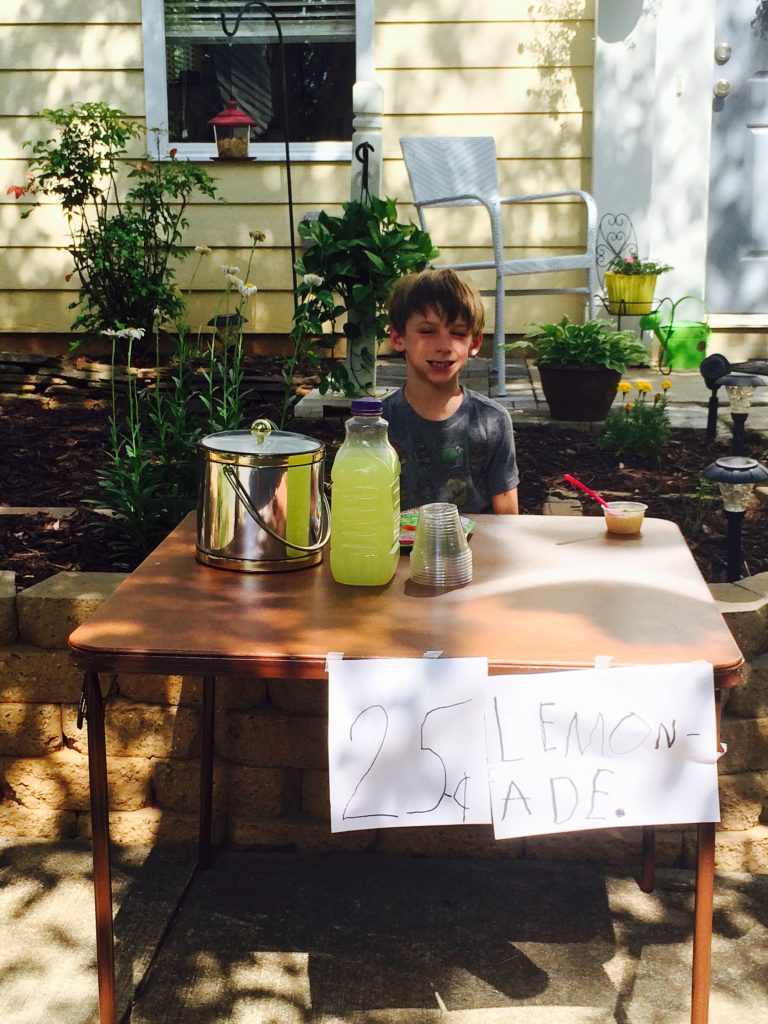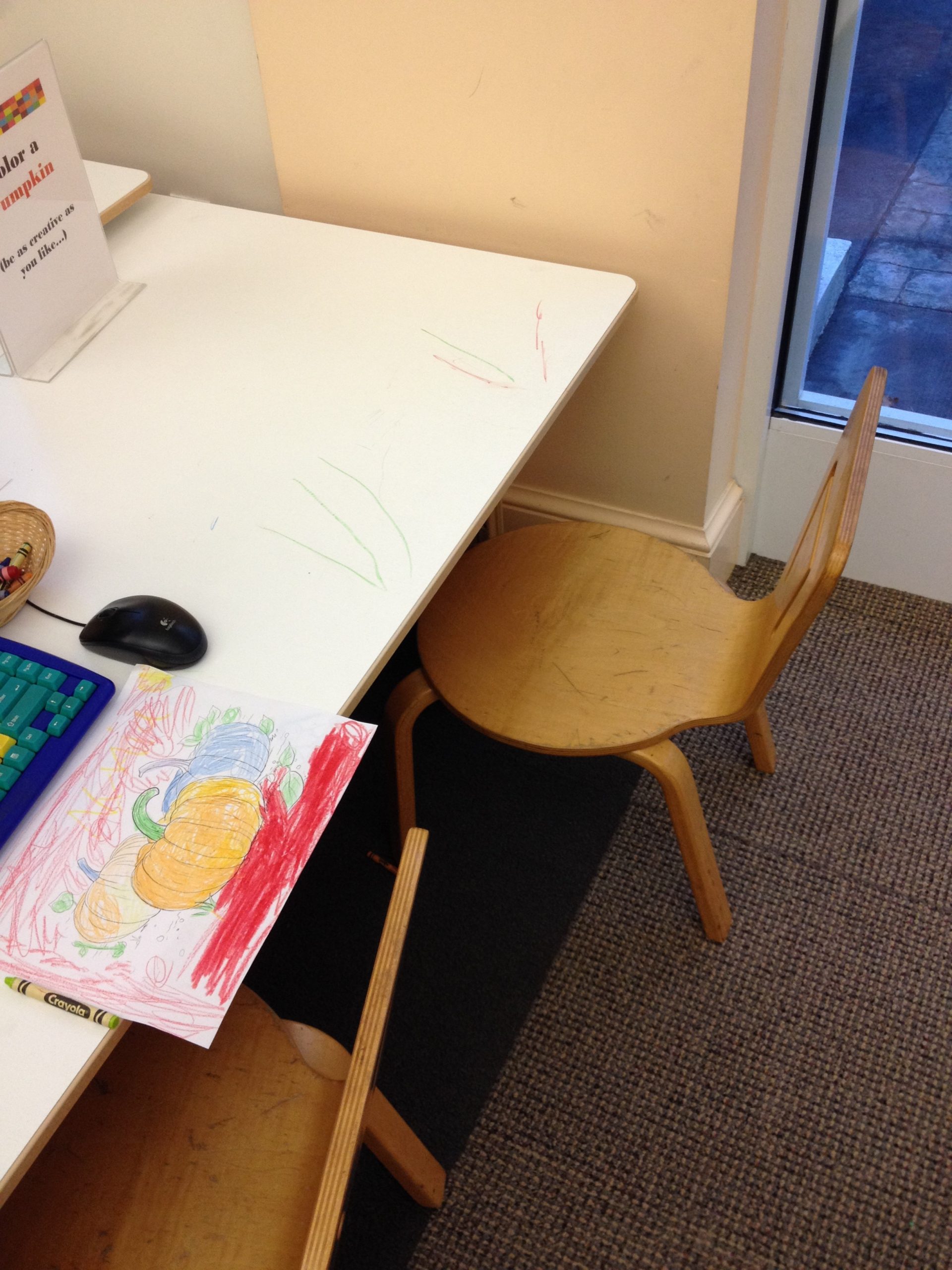Projects and assignments during the summer are a burden for most students when school is out. Their mindset is on summer relaxation. In addition to this, parents argue that summer homework takes away the joy of a ‘break’ from school. However, these assignments are to keep students ahead of the class.
Bright, Gifted, and Intelligent Students
Teachers and parents want students to reach their full potential. This includes all students, from those who are intellectually bright and gifted. So, parents and teachers provide summer learning opportunities, whether it is good or bad. According to Psychology Today, bright and gifted children possess the brainpower to come up with activities that are both of interest and developmentally appropriate. They create games and rules for outside play or computer use.
Projects and Assignments For Students
All students grow intelligently from open-ended questions rather than simple one or two-word answers. Good questions are the principal element in the development of critical thinking skills. Open-ended questions do not judge. They are meaningful and serve a purpose that builds new ideas. Questions encourage learning. Therefore, as students explore on their own, they ask questions about the projects.
Above all, encourage children to ask questions. Even the exhausting “why” questions are a sign of intelligence.
Simple Projects and Assignments
Many students stress over assignments during the summer. They stop activities they enjoy doing to do something ‘required’ by school. However, summer assignments can be as simple as playing a board game with parents or peers, creating chalk designs, reading a book, planting a garden, etc.
Summer assignments are intended to refresh learned information from the school year. However, students are natural procrastinators. Most finish assignments last minute or not at all. This negates the purpose of the assignment.
Some teachers and parents oppose summer assignments because it is not a guarantee that the skill goal will be mastered. Besides, tutors, parents, and peers of teens tend to help complete the work. Therefore, homework does not always improve school performance. Students have various levels of intelligence. Hence, one-size-fits-all assignments do not fit or suit all interests.
In the End or the Beginning
There is one aspect of summer homework to consider: it takes away time for free play and free discovery. All students need social skills. They need both physical play and mindful play. This is essential to the health of the student. Students must not learn to hate learning. They must be refreshed and ready to begin a new year of academics. Students who attend summer school or work acquire discipline. They practice time management skills and learn responsibility. Summer work prepares students for the future. Students can learn valuable lessons by starting and completing a summer project or job through persistence, dedication, and goal setting on a more casual time frame than during the school year.




